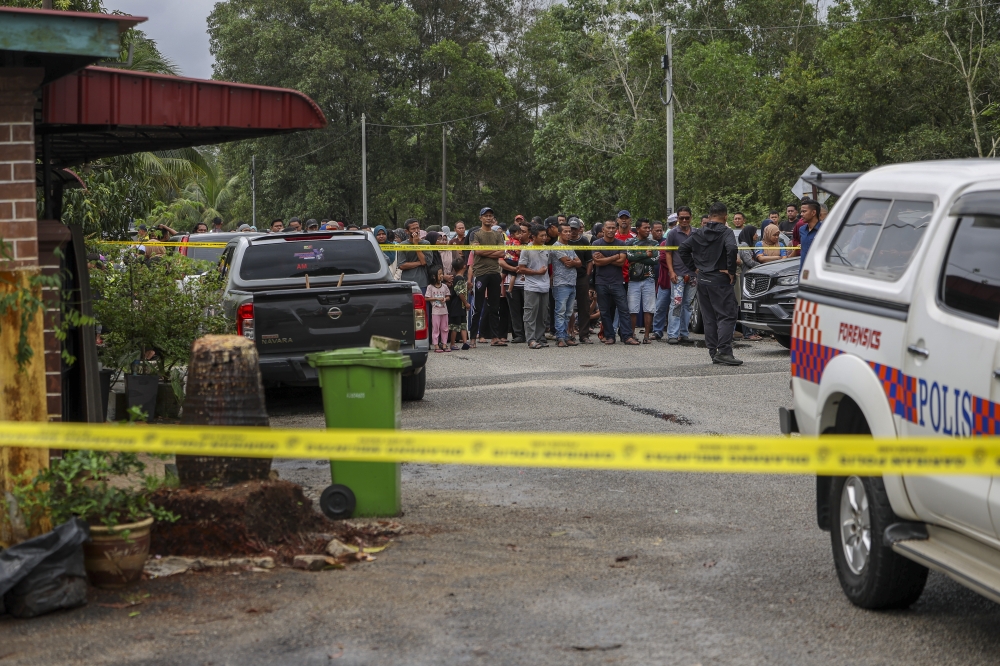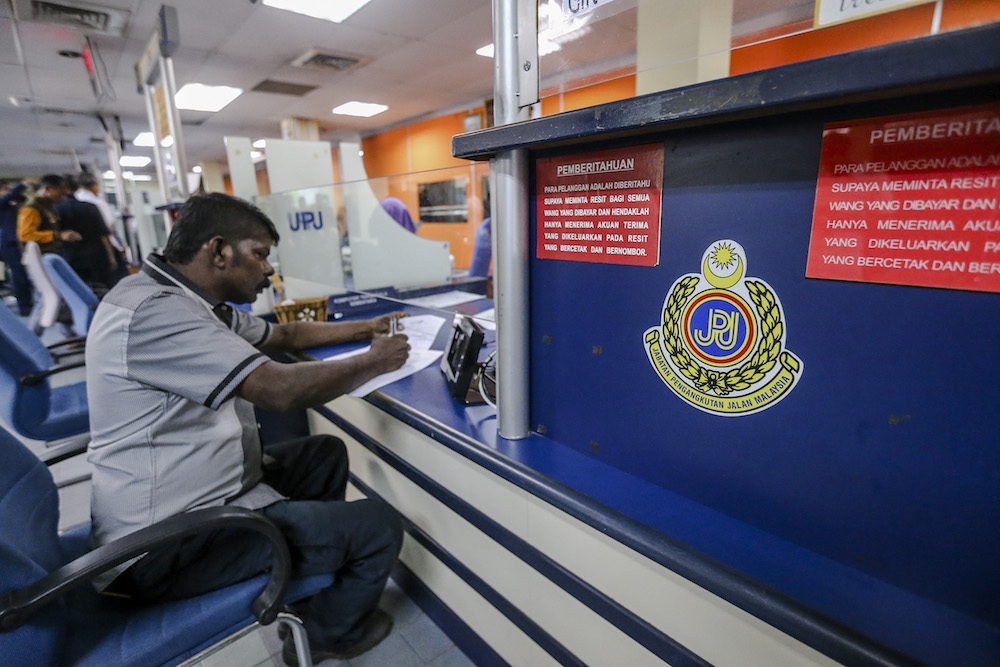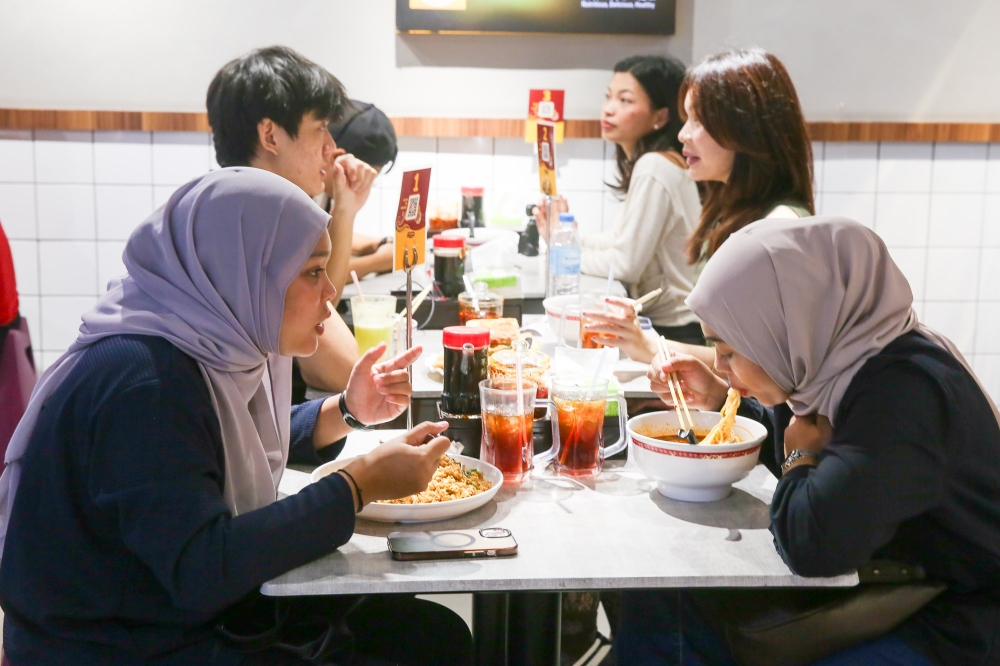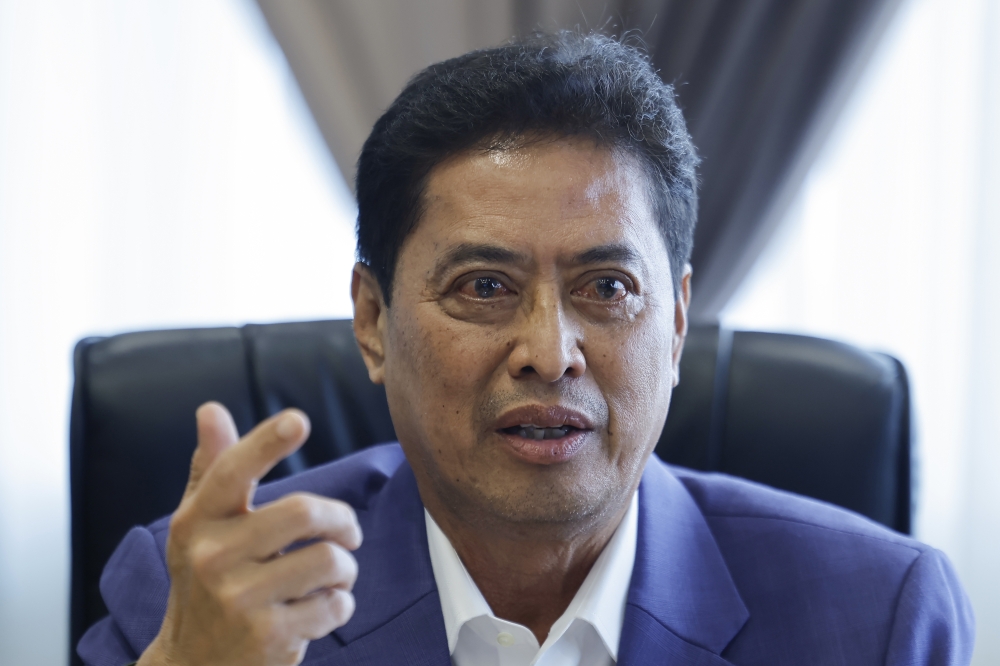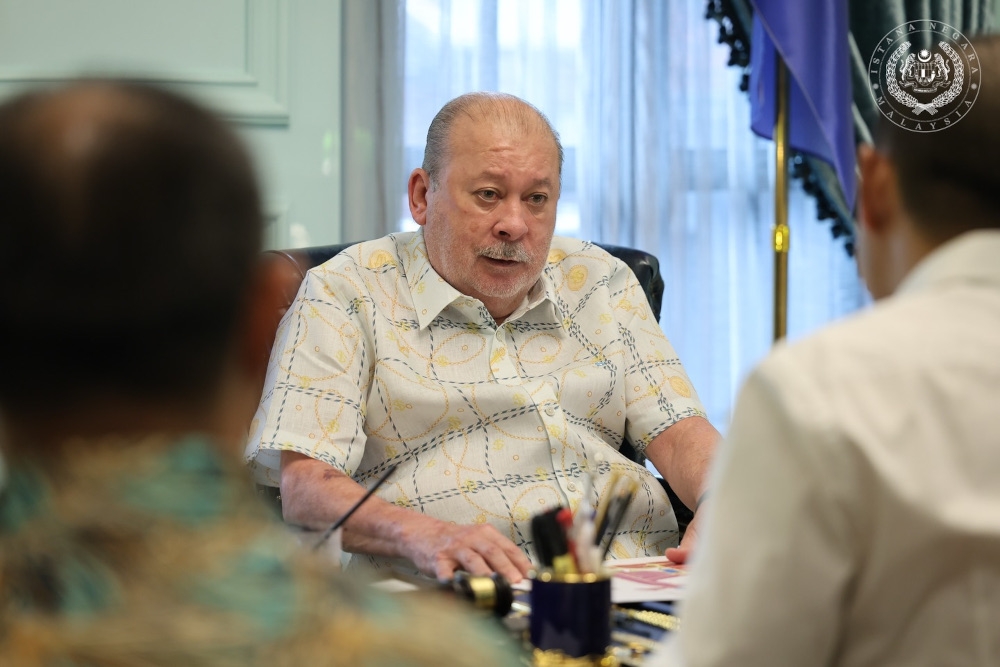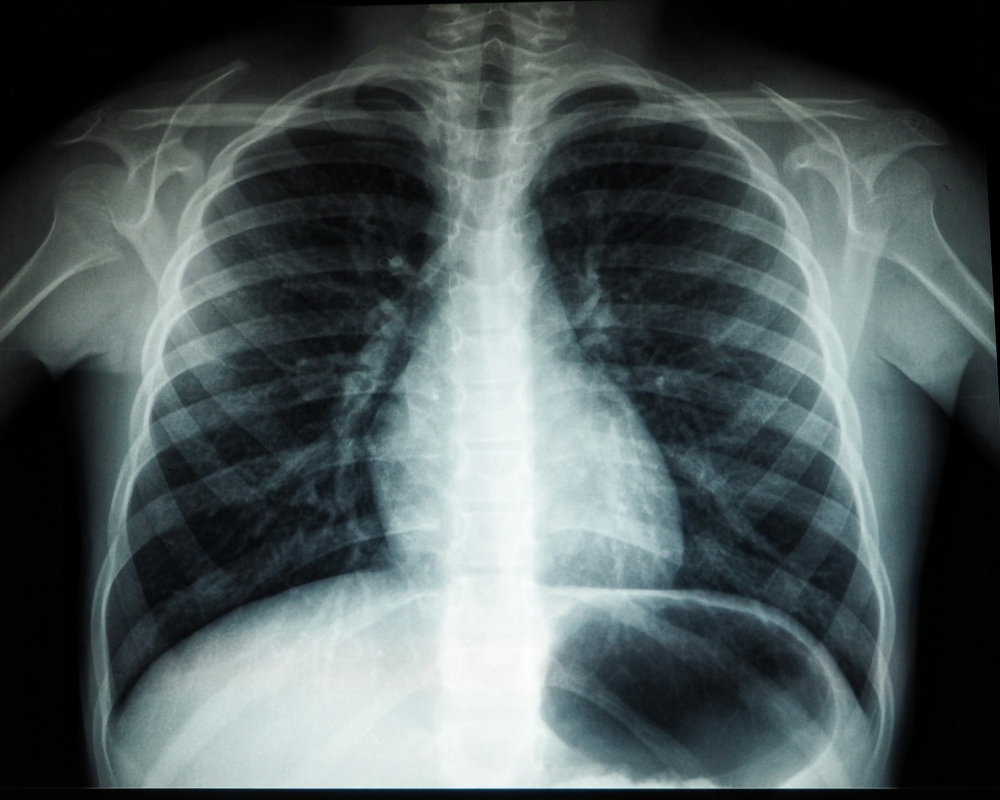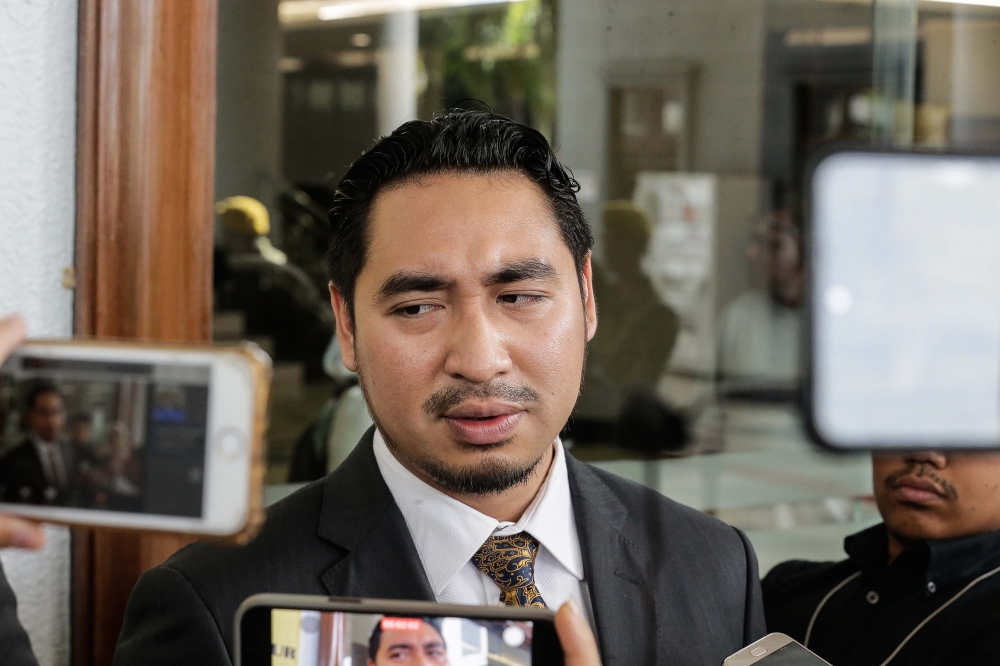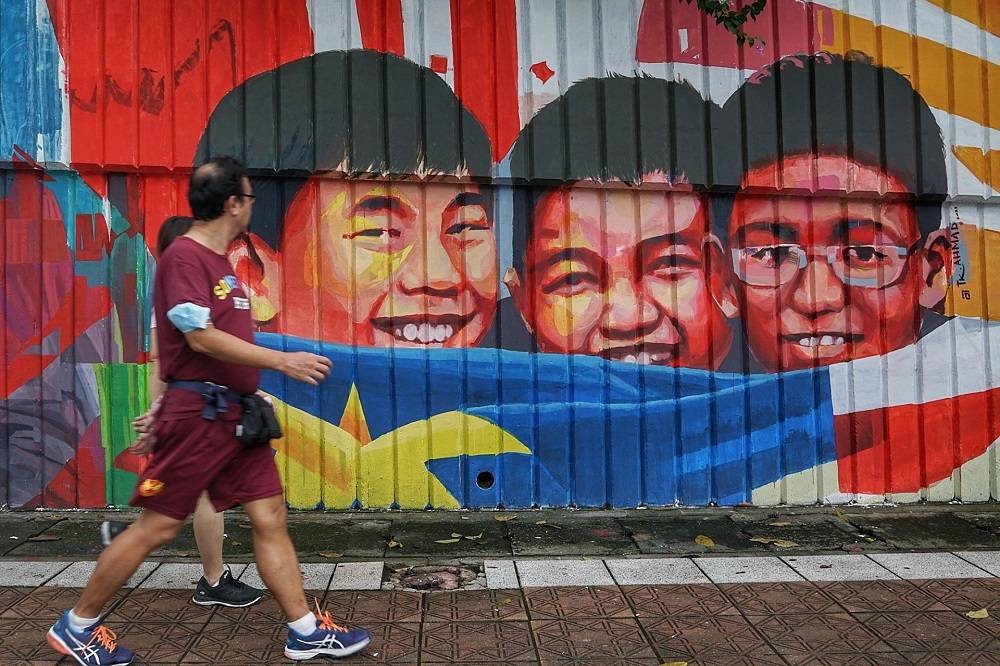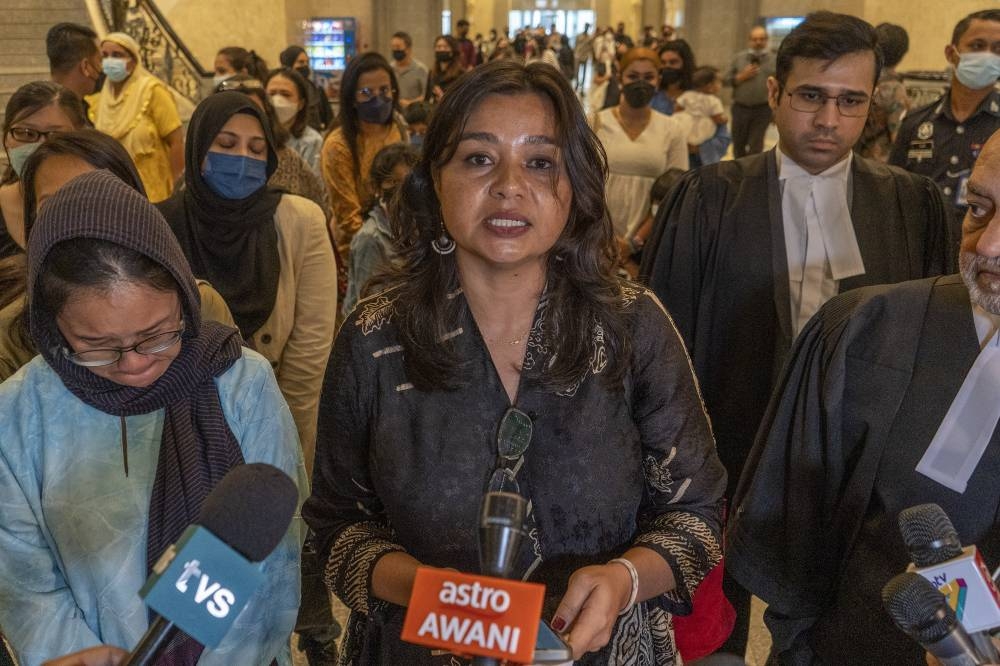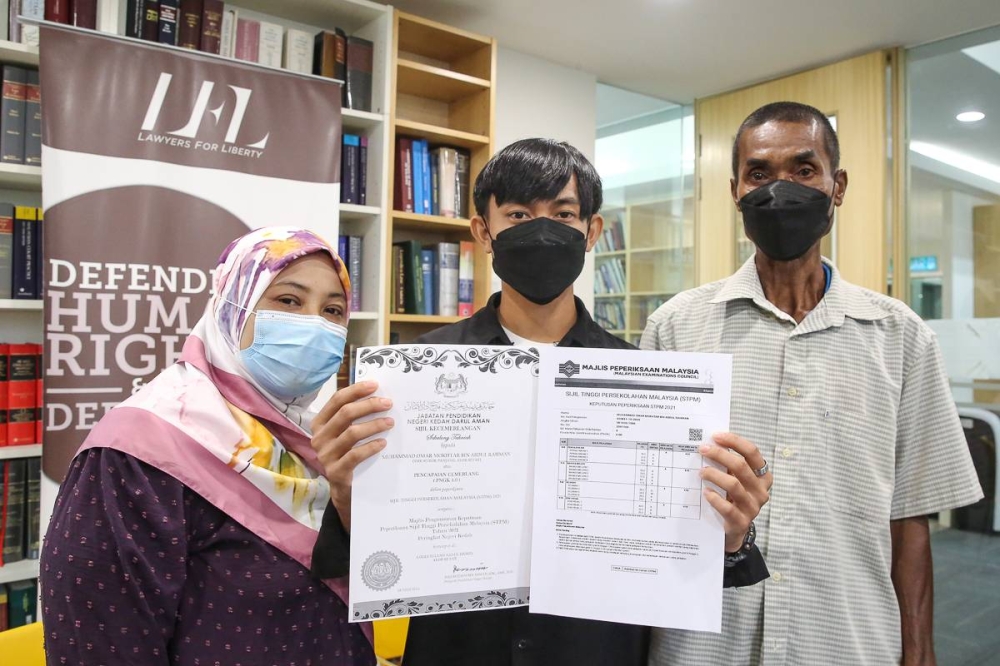KUALA LUMPUR, Sept 1 — Segambut MP Hannah Yeoh today questioned the government’s priorities in awarding Malaysian citizenship to England-born footballer Lee Tuck when many born in the country remain stateless despite their repeated applications.
“Must we get all our stateless children to play football before the authorities pay heed to their plight?” she asked on Twitter this morning, attaching a news report that Tuck, a midfielder for the Pahang state football team, was made a naturalised Malaysian on Merdeka Day yesterday.
“This is why I have earlier advocated for a Ministry for Children bcoz we can afford billions for men's interests but peanuts for protection of children,” added Yeoh, a former deputy minister.
Prominent child rights activist Datuk Hartini Zainuddin also weighed in on Tuck’s naturalisation as a Malaysian citizen.
The Yayasan Chow Kit’s founder said she was upset by the news as she felt it was unfair to those who were born in the country yet denied the right due to red tape.
“This makes me upset. I have 4 children under 15 years old. Waiting and waiting to get citizenship. All are orphans. Plus siblings who have waited 10 years. Come on Malaysia!!! This is so so unfair,” she tweeted this morning.
Local media have frequently highlighted the struggles faced by those born domestically and those born overseas to Malaysian mothers in getting Malaysian citizenship.
Last Monday, Malay Mail reported the case of STPM top-scorer Muhammad Omar Mokhtar whose citizenship was revoked by the National Registration Department (NRD) when he was 12 years old due to discrepancies detected in his Sabahan mother’s identification card.
In June, Malay Mail highlighted the case of Kedah-born Ummal Remiza Khaja Mohideen, who continues to face bureaucracy in gaining Malaysian citizenship for her daughter born in Doha eight years ago.
While Malaysian men have the automatic right to confer citizenship to their children born abroad through the simple process of registration under Article 14(1)(b) of the Federal Constitution, Malaysian women who give birth abroad must apply for Malaysian citizenship under Article 15(2) of the Federal Constitution.
It is then up to the Malaysian government to decide whether to register any person ― aged below 21 and who has at least one Malaysian parent ― as a Malaysian citizen under Article 15(2).
Others born in the country and deemed stateless children are told they can apply for citizenship using a special pathway under Article 15A of the Federal Constitution which provides for the federal government’s special powers, where it can register anyone below the age of 21 as citizen in “special circumstances as it thinks fit”.
In reality, it is a race against time and rejections as the deadline is fixed at the age of 21 years. Many cannot apply for a Malaysian identity card as their citizenship status is undetermined, which denies them from receiving education, healthcare, employment opportunities and welfare assistance.

